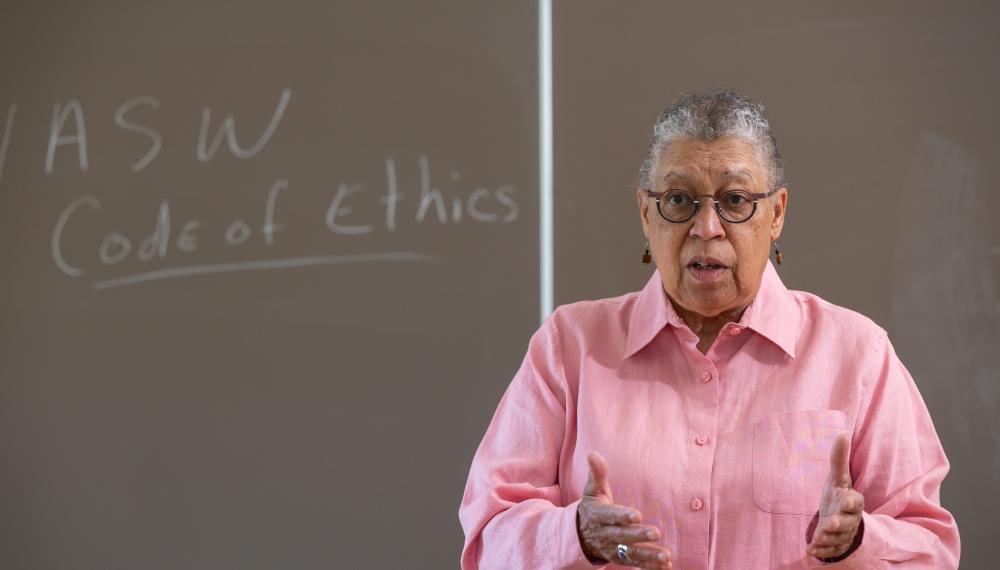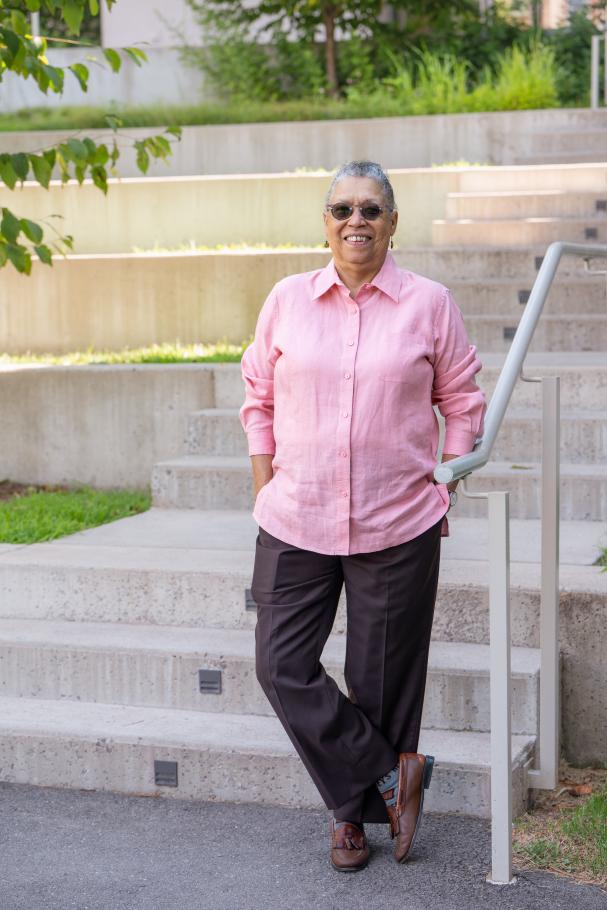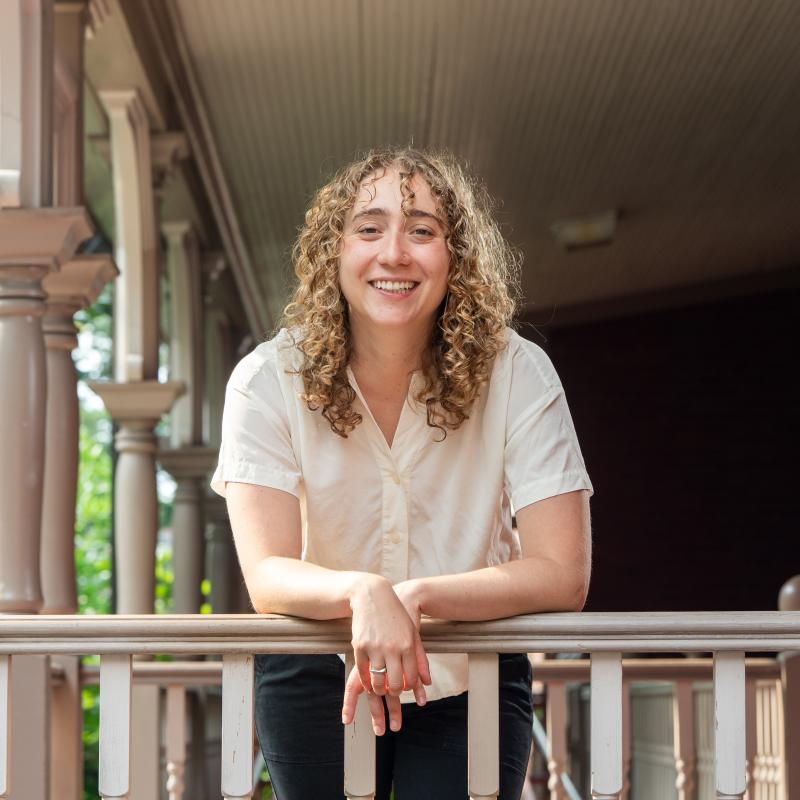
Ruth Spencer J.D., M.S.S.A., L.I.S.W., can’t quit the Smith College School for Social Work. Since 1997, she has spent part of each summer living in a dorm room on campus to teach a summer term course, currently one on law and ethics in social work practice.
“I get excited trying to shepherd students into the profession,” she says, “trying to show them what the world of law looks like for social workers and how they can interact and advocate for their clients.”
Spencer has an especially deep well of professional and academic experiences from which to draw upon for her students’ benefit. After earning an undergraduate degree in psychology, her first post-college job was working as a parole officer in Cleveland, a crash-course in social services that quickly taught her she was more interested in helping clients than policing them.
“The parole system and I didn't have the same values,” she says, drily.

That experience inspired her to pursue her social work master’s, which she followed with a two-decade career in a variety of clinical settings, from ERs to community mental health. Then she decided she wanted to teach social work education courses but figured she would be at a disadvantage without an advanced degree. Unwilling to make a PhD-level time investment, Spencer instead completed what is arguably an equally rigorous course of work stuffed into fewer years of study: a law degree.
“I knew that I could teach with a law degree,” she says. “It would be as versatile for me in teaching as getting a Ph.D. in social work." She spent a few years working in law, first landing at Legal Aid in Cleveland until a 1996 Congressional cut to the organization’s main federal funder led to mass attorney layoffs. Then she headed up social services for a local county jail until “I decided that life-and-death business was getting to be really difficult on a day to day basis.” She pivoted briefly to government human resources work and then settled in higher ed, working in HR at her alma mater, Oberlin, then at Vassar.
In the midst of that last career, her long-time social work mentor reached out to tell her that Smith’s family law course professor was leaving the position, and the School needed a replacement. Spencer had that handy law degree. She taught the course for a decade before creating her own, about the Supreme Court and social work practice.
Now retired from her day job, Spencer continues to do research and present at conferences, aiming to advocate for the increasing importance of social work as a profession in an era of cuts to vital services and increasing inequality. She is also working on a book chapter about the issue of consent in psychiatric holds.
“We started out with a kind of dream in the Kennedy era and slowly defunded community mental health,” Spencer says. “If we aren’t making ourselves available to people who are in need then we are not practicing with professional integrity.”
Spencer loves instilling these values in her Smith students, but she also loves the chance that summer term affords her to be in community with like-minded teachers and social work scholars.
“Five weeks in a dorm room – that’s not too bad,” she says. “The community of professionals that you engage with in the course of the semester is intellectually stimulating, so I have a good time.”


